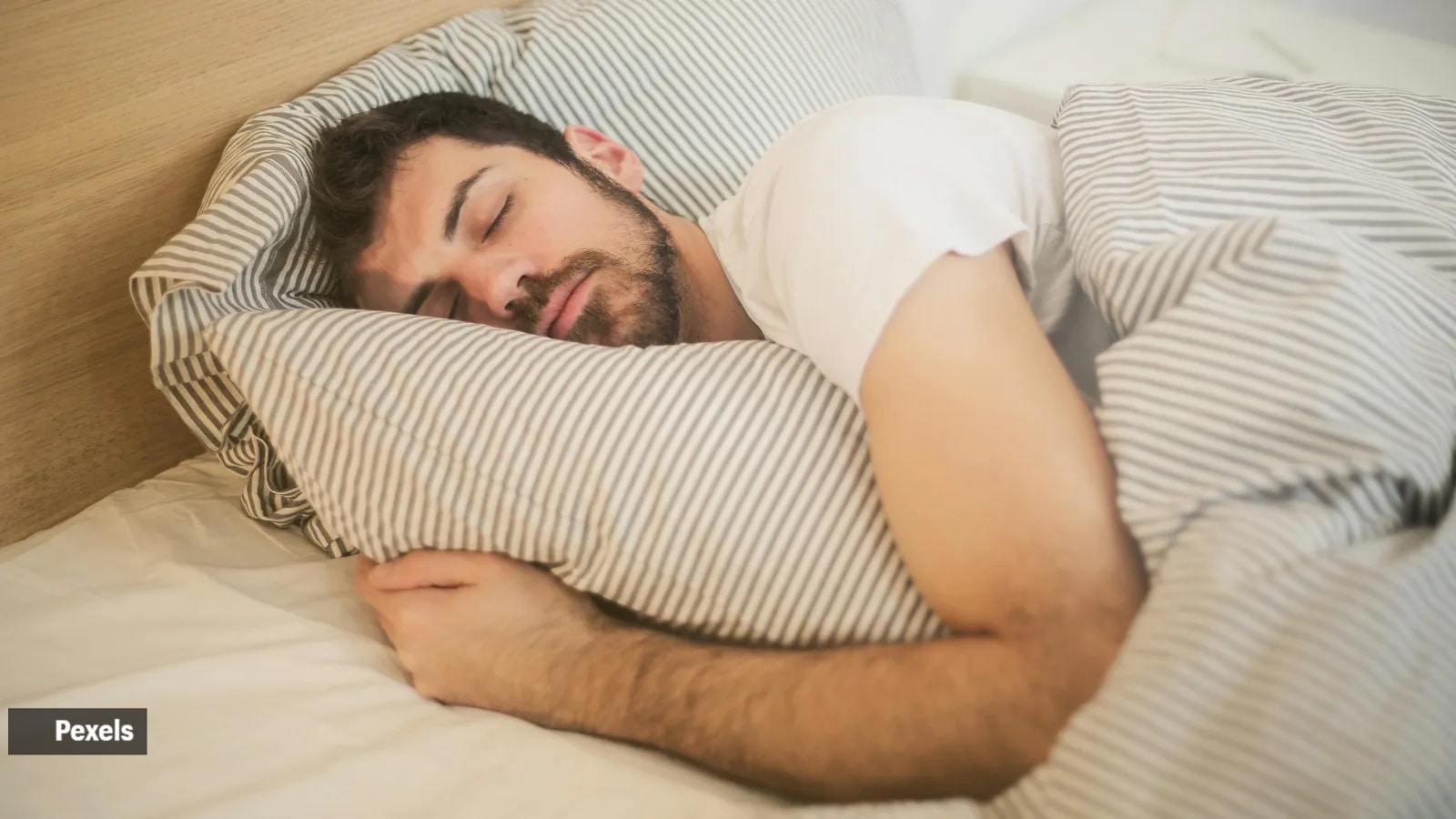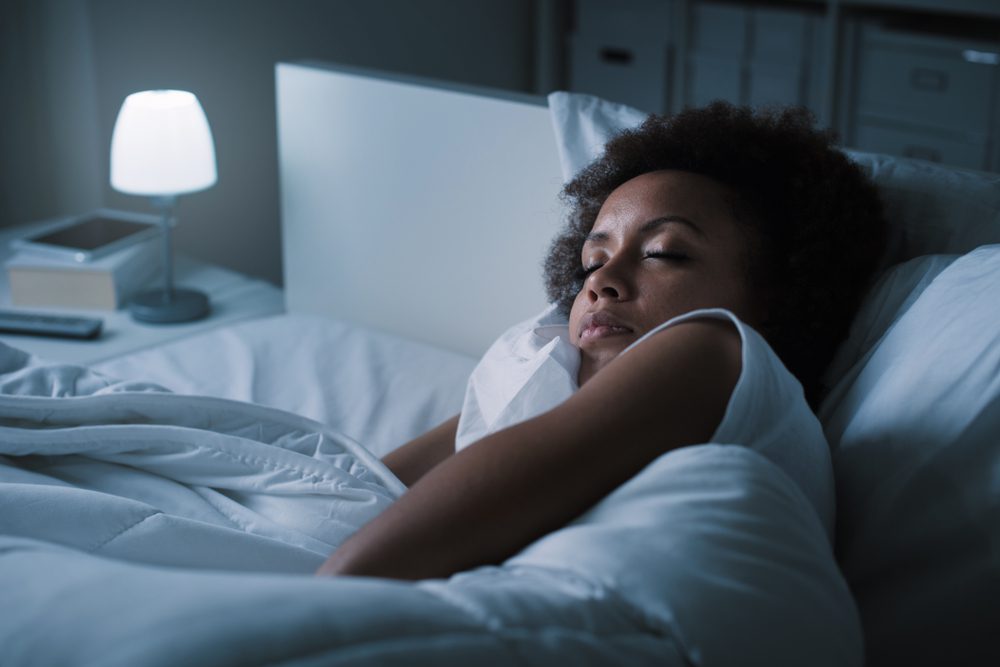Getting your beauty sleep: Why quality nightly rest is key when it comes to looking your best
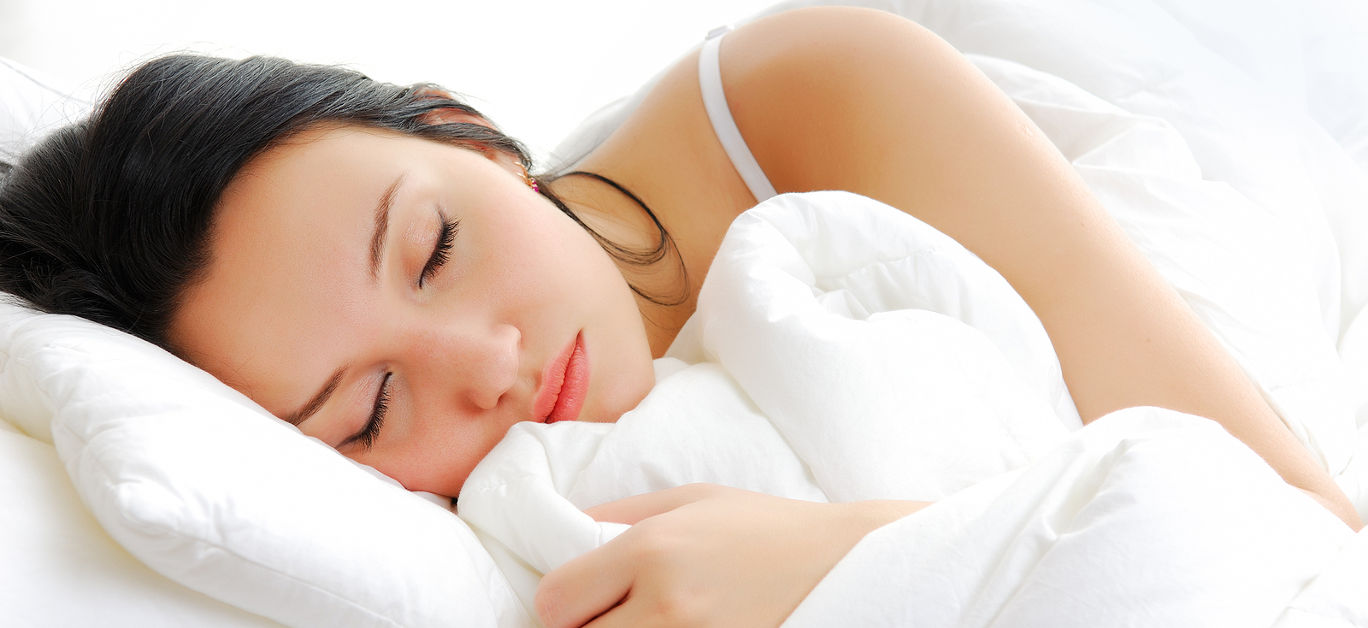
Sleep has long been recognised as a major cornerstone of good health, and getting the recommended seven to nine hours a night is essential for feeling your best each day and ready to take on the world. But beyond its well-documented benefits for physical and mental health – which include more energy, better focus and improved mental acuity – getting some solid shut-eye on a regular basis is also key when it comes to looking your best. Radiant skin and shiny hair might be achievable partially through excellent nutrition, but without a good sleep schedule, you could soon find yourself looking tired and lacklustre, and exhibiting more visible signs of ageing.
Here, we take a look at the knock-on effect of quality rest on beauty, and why ensuring you prioritise sleep could soon have you looking and feeling better than ever,
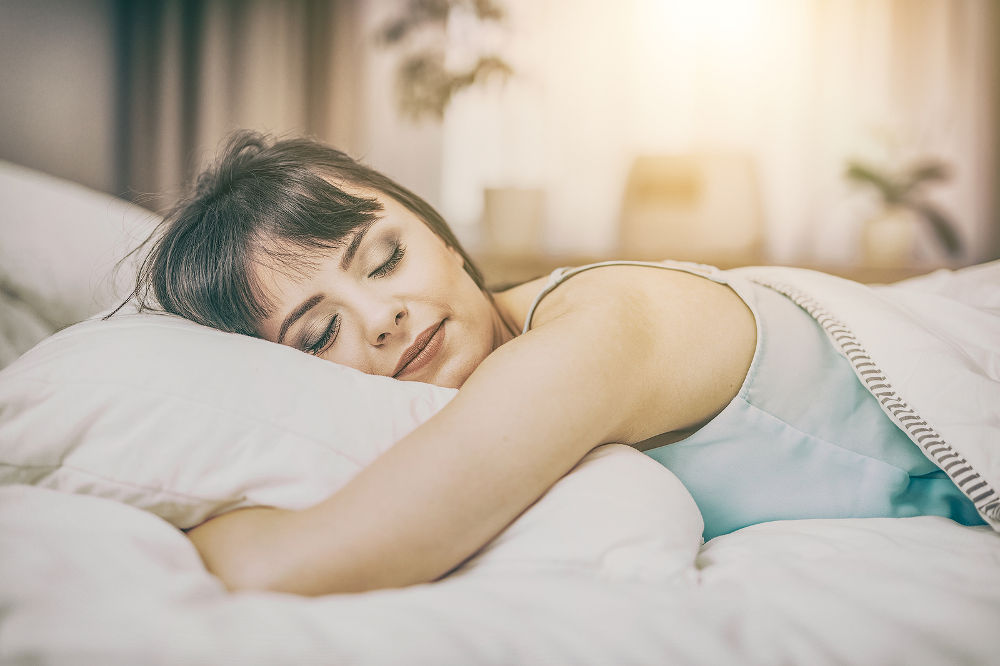
The science of beauty sleep
The concept of ‘getting your beauty sleep’ is one that is often used in jest, but in actual fact, the impact of quality sleep on your appearance is backed by science. When you’re asleep, the body gets to work on its process of renewal, repair and regeneration, and it’s all part of the process required to maintain healthy hair, skin and nails.
There’s plenty more going on inside the body when you’re asleep, too. It also helps to regulate the growth hormones that play a role in skin repair and regeneration, as well as the stress hormone, cortisol. If you’re not adhering to a regular and refreshing sleep schedule, then your hormones could end up out of whack relatively quickly, the results of which can include increased inflammation and oxidative stress. These can, in turn, lead to uncomfortable and upsetting skin issues like acne and eczema, as well as accelerating the overall ageing process.
The impact of sleep on skin health
If you’ve ever suffered from insomnia or the occasional poor night’s sleep, then you’ve no doubt noticed the effects in the mirror the next morning. Insufficient shut-eye can leave skin looking dull and lacklustre, but get the recommended number of hours on a nightly basis and on the contrary – a healthy, youthful-looking radiance will be yours.
This is because the human growth hormone (HGH) is released while we sleep, stimulating cell turnover and collagen production to repair damage caused by environmental stressors.
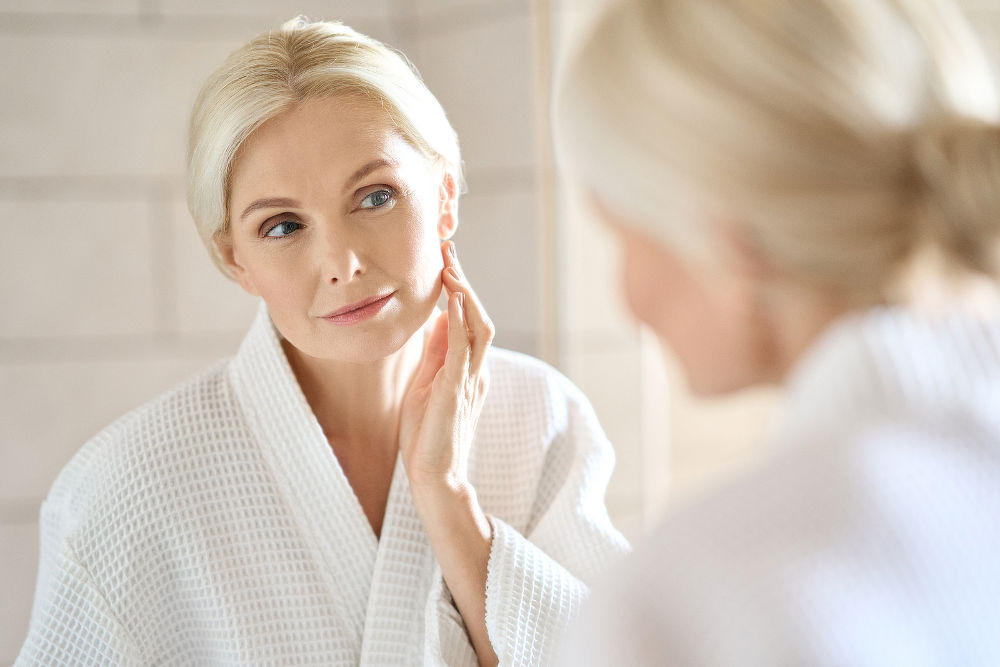
It’s also during this time that the skin produces collagen – a protein that helps to maintain its structure and elasticity – which means that if you scrimp on snoozing, you’ll see your levels decline, and over time, that can lead to sagging, dullness, fine lines and wrinkles.
Sleep is also the time during which the skin detoxifies itself, purging impurities and toxins from the pores to reduce inflammation and boost the complexion. It also replenishes its moisture levels to keep it plump and hydrated – so don’t forget to apply a good night cream before bed to aid this process.
Laying the foundations for rest
Of course, getting off to sleep in the first place is often the issue – so if you tend to lie awake with your thoughts racing, or find yourself tossing and turning because you can’t quite get comfortable, then it might be time to reassess your sleep set-up. The type of pillow, mattress and bed linen you choose are important in ensuring your spine is well aligned and supported at night, and getting them right will help you to sleep more comfortably and soundly.
Sleeping on a supportive mattress will reduce pressure points to promote air flow and protect you against allergens, and choosing a mattress surface made from hygienic materials and that offers proper temperature regulation is key to minimise disturbances when you get too hot or cold throughout the night. This is important when it comes to your choice of bedding, too – and as the hair can be damaged during all that tossing and turning, too investing in a silk pillowcase to minimise breakage is advised for maintaining those shiny, lustrous locks.
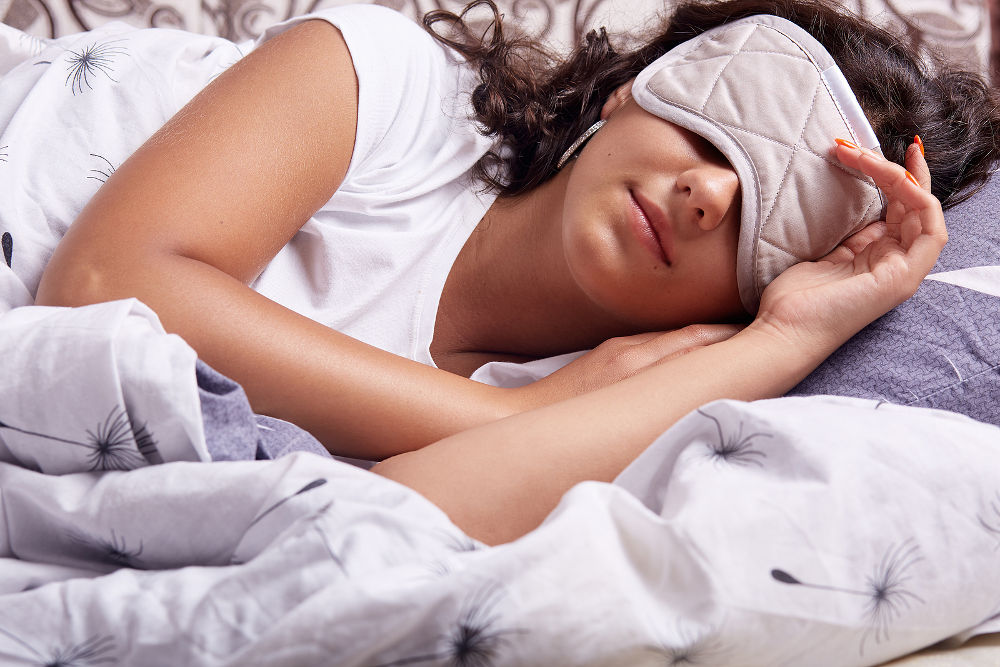
How to actually get your beauty sleep
When it comes to your beauty routine, no step is as important as getting the recommended seven to nine hours’ sleep each night. Investing in a quality mattress – we love these mattresses from Emma Sleep – and splurging on some luxurious bedding is a great place to start, and turning off devices like smartphones, tablets and the TV – which emit circadian rhythm disrupting blue light – at least an hour before bed will ensure the body has time to wind down ready for lights out so that you drift off with ease.
Establishing a regular sleep schedule, where you go to bed at the same time each night and wake at the same time each morning, will help to regulate your body’s internal clock. If you do struggle to switch off at night, then try taking a warm bath, doing a sleep meditation or reading for a short while before your new bedtime.
link

